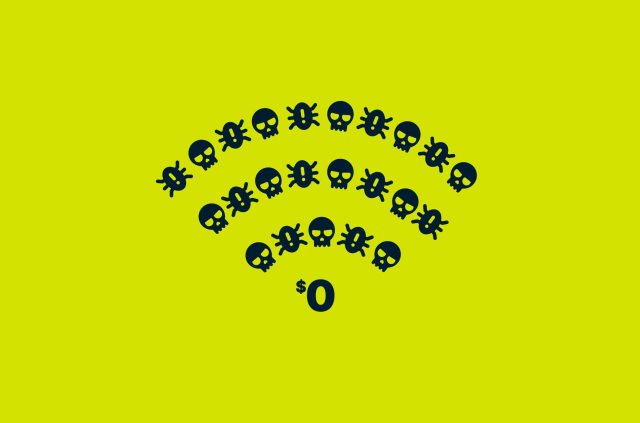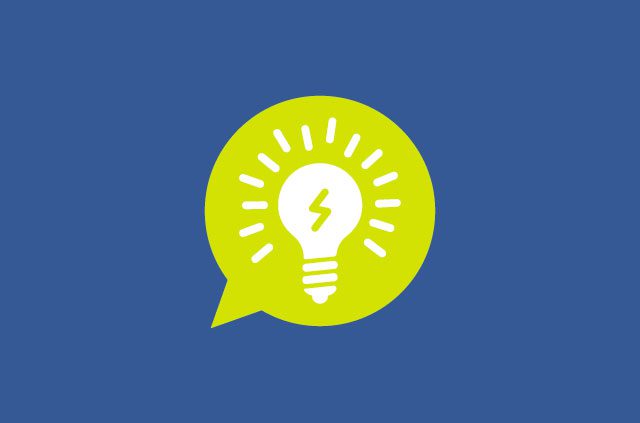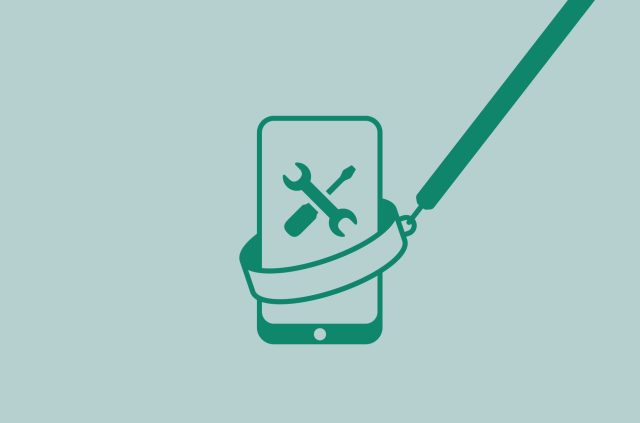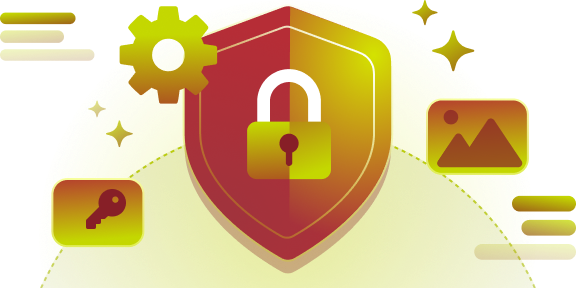-

The essential crypto glossary: Blockchain terminology explained
Bitcoin is big news, but many of us don't understand it. This crypto glossary explains the blockchain terminology you need to hold your own. 21 Symbolic number, as there can only ever be 21 million Bi...
-

How to stay secure when using public Wi-Fi
Free Wi-Fi isn't hard to find. It's available in airports, cafes, hotels, malls, and many other public places. But before you connect, consider the security risks. The Wi-Fi admin could try to see wha...
-

Infographic: 12 tips to level up your cybersecurity
Don't have a VPN yet? It's the easiest way to improve your online security. For even more tips, check out our top internet tips to improve your privacy and security.
-

Video: How to stay private while shopping in real life
https://www.youtube.com/watch?v=9TYoyosWFXA Shoppers have begun to expect that their online shopping habits are being tracked or monitored. But what about at physical stores? Turns out, technology h...
-

Why you should care about NFTs
It’s likely that you heard of NFTs, or non-fungible tokens, for the first time when one of them was sold at an art auction this year for a headline-making sum—69 million USD, to be exact. This new...
-

Video: 9 tips for safer online shopping
https://www.youtube.com/watch?v=DUYXOR_pW-w Black Friday and Cyber Monday are upon us again, falling on November 25 and 28, respectively. While these dates and the weekend they sandwich are the highli...
-

6 times cyber scammers used celebrities to con people
Does that celebrity-endorsed crypto ad you saw on Instagram sound too good to be true? It’s very likely because it’s a scam. And you should think very carefully about clicking on it—never mind i...
-

Guide: Protect your privacy at the workplace
We wrote about the prospect of getting back to the office back in March—but we spoke too soon. Depending on where you live, a large chunk of office workers who started working from home because of C...
-

Tips to safeguard your privacy before a device repair
Handing your device over to a repair professional can be nerve-racking. Will the repair person figure out your credit card details? Will they find your tax documents? What about those sensitive photos...
-

5 times misuse of work email got someone fired
There are many reasons not to use your work email for personal matters, not least that it's probably against company policy. Most work emails are likely monitored, company emails are easy targets for ...
Tips & tricks





